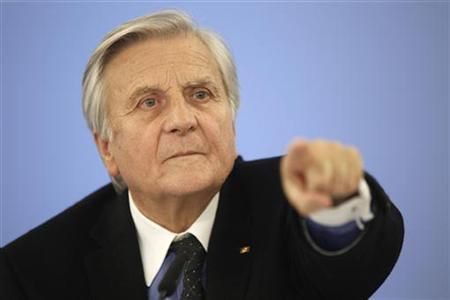ECB Rolls out QE, Fed Could Announce QE3 by Year-End

In the midst of global market turmoil in the second half of 2011, at least two central banks of developed countries have responded with quantitative easing.
On Thursday, the European Central Bank (ECB) announced 40 billion euro worth of covered bond purchases to be completed from November 2011 to October 2012.
It also rolled out two long-term lending programs to support banks.
The Bank of England (BOE), meanwhile, announced it plans to buy an additional 75 billion pounds worth of financial assets.
“The news from the rest of the world in the past few months has been very poor,” said BOE Chief Mervyn King.
The news, indeed, has been negative globally, especially in Europe. In response, central banks are resorting to unconventional liquidity measures instead of cutting rates (unlike the Fed, the ECB and BOE have non-zero benchmark rates that they could reduce).
“Given the predisposition of Bernanke and the FOMC majority, this increases the odds of a QEIII [QE3] announcement by the Fed before the end of the year,” said Michael Woolfolk, senior currency strategist at Bank of New York Mellon Corp, in a research note.
In a recent testimony to Congress, Federal Reserve Chairman Ben Bernanke said “the recovery from the crisis has been much less robust than we had hoped.”
He pledged that the Fed is “prepared to take further action as appropriate to promote a stronger economic recovery” if the economy gets worse, presumably referring to QE3.
Bernanke also noted that inflation and long-term inflation expectations remain tame, which limits the perceived downside of more QE and possibly sets up the eventual argument for rolling out QE3.
© Copyright IBTimes 2025. All rights reserved.





















